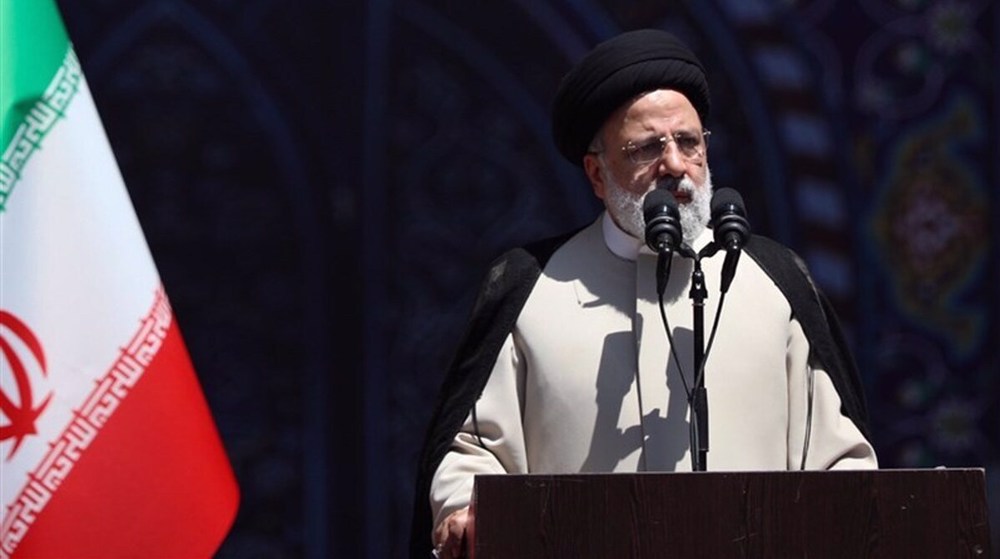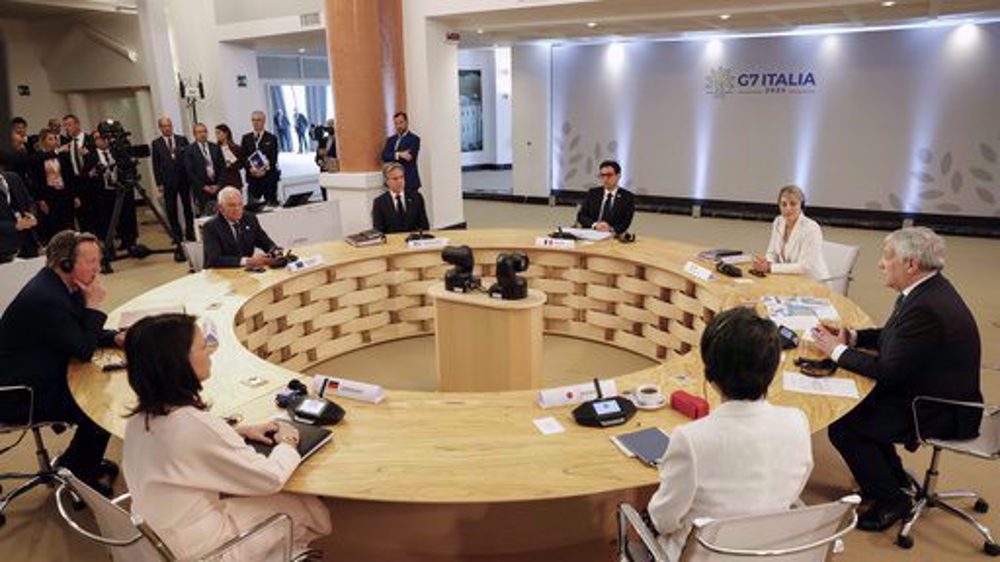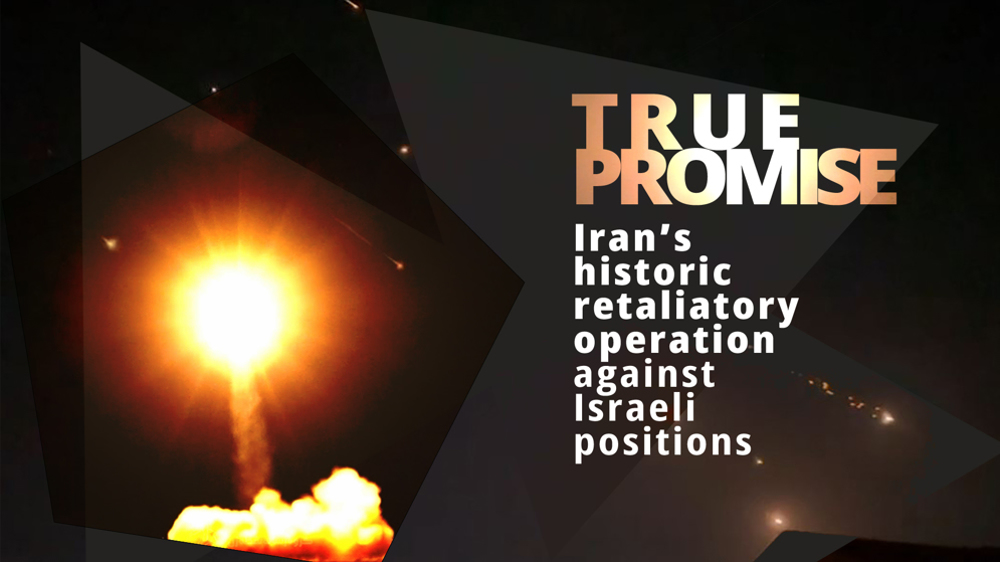Iran will not back down over defensive capacities: Aide to Leader
A senior Iranian official says the Islamic Republic will never compromise on its defensive capabilities irrespective of the breakthrough in nuclear talks between Iran and the P5+1 group of countries.
“I say explicitly that the Islamic Republic of Iran will never back down on its defensive stance and will manufacture any type of missile deemed to be in its interest (except nuclear-capable ones), [including] liquid-fueled or solid-fueled and short-range or long-range [missiles],” Ali Akbar Velayati, a top adviser to Leader of the Islamic Revolution Ayatollah Seyyed Ali Khamenei, said on Tuesday, IRNA reported.
Echoing remarks by Ayatollah Khamenei, he said that Iran would never allow anyone to decide for the country on “what it could possess and what it could not.”
He said Iran makes decisions “independently” because it is self-sufficient in the military industry, adding that no government is authorized to "dictate" the type of weapons the Islamic Republic could develop.
Pointing to a fatwa by the Leader, Velayati said Iran would not hesitate to manufacture any weapon other than nuclear arms and weapons of mass destruction like chemical weapons.
On February 22, 2012, Ayatollah Khamenei said the Islamic Republic considers the pursuit and possession of nuclear weapons “a mortal sin” from every logical, religious and theoretical standpoint.
Velayati once again reaffirmed the Islamic Republic would never allow any inspection of its military sites.

Iran and the P5+1 countries – the United States, Britain, France, China and Russia plus Germany – succeeded in finalizing the text of an agreement, dubbed the Joint Comprehensive Plan of Action (JCPOA), in Vienna on July 14 after 18 days of intense negotiations that capped around 23 months of talks between Iran and the six world powers. The almost two-year negotiations were the culmination of over a decade of intermittent diplomatic efforts.
Under the JCPOA, limits will be put on Iran’s nuclear activities in exchange for, among other things, the removal of all economic and financial bans, against the Islamic Republic.
The UN Security Council on Monday unanimously endorsed a draft resolution turning the JCPOA into international law. All 15 members of the body voted for the draft UN resolution in New York, setting the stage for the lifting of the Security Council sanctions against Iran.
President Raeisi: Iran to make Israel rue 'slightest attack'
US, UK imposes new sanctions on Iran over retaliation against Israel
Storm aftermath exposes chaos in Dubai after UAE hit by record rains
VIDEO | Israel’s humiliation
Russia: New US aid for Ukraine fails to change military situation
China slams Biden over 'xenophobic' and 'cheating' claims
VIDEO | Erdogan breaks silence, backs Iran’s reprisal attack on Israel
IRGC warns of 'tit-for-tat' retaliation if Israel attacks Iran's nuclear facilities










 This makes it easy to access the Press TV website
This makes it easy to access the Press TV website